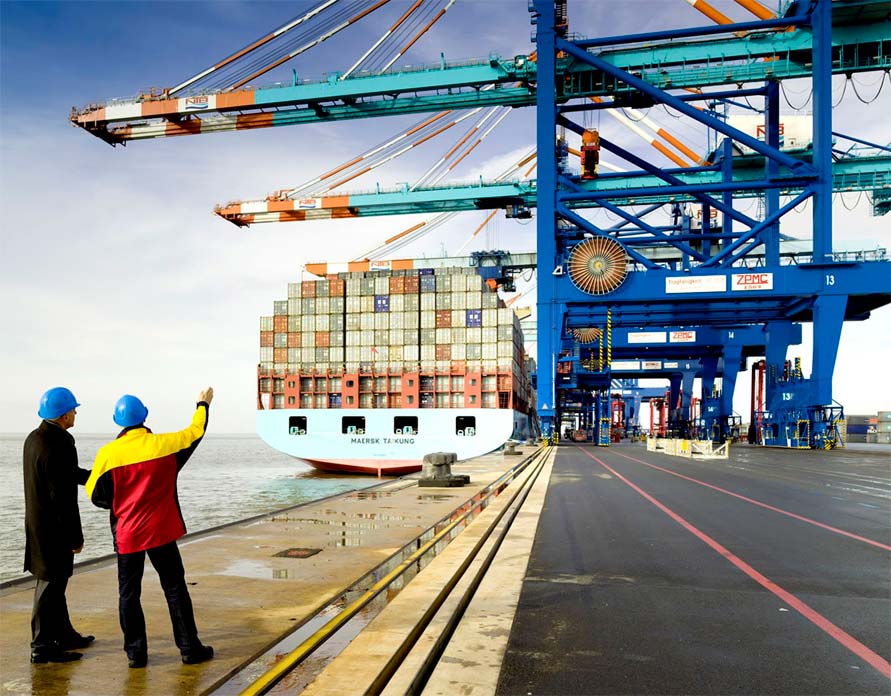The most important change in Mexico‘s customs area in the last five years was the creation in 2021 of the National Customs Agency of Mexico (ANAM), in accordance with the World Trade Organization (WTO).
ANAM replaced the General Customs Administration (AGA).
Since 2022, customs clearance for the import and export of goods has been carried out before ANAM.
Despite the institutional change, the requirements for importing and exporting, as well as the procedures for determining the customs value of imported goods, have not undergone substantial changes since 2017.
However, since then, Mexico has continued to implement measures to facilitate trade, such as electronic customs clearance (paperless customs), the use of consolidated pedimentos, and the improvement of the Mexican Foreign Trade Single Window (VUCEM).
ANAM is specifically responsible for verifying the data contained in pedimentos, declarations or manifestations, including verification of origin, as well as collecting taxes and customs clearance fees, and verifying compliance with non-tariff regulations and restrictions (RRNA).
The Agency is also responsible for seizing or retaining goods whose legal stay in the country is not evidenced, and for taking custody of them as a depository.
ANAM
The AGA, an agency of SAT, was until 2021 the entity in charge of, among other things, facilitating and controlling the entry (and exit) of goods into (from) the national territory, and enforcing the customs and tax provisions that regulate such entry (or exit).
Like its predecessor, ANAM is responsible for the direction, organization and operation of customs and inspection services, to enforce and ensure compliance with the legal rules governing the entry (and exit) of goods into (from) the national territory, as well as for collecting tariffs and other duties relating to foreign trade operations.
The Ministry of Economy also has an impact on the entry (and exit) of goods into (from) Mexican territory, as it establishes measures to regulate or restrict the import (or export) of goods, as well as the circulation or transit of foreign goods through Mexican territory.
Likewise, several authorities participate in this process, such as the Ministries of Health (SSA), National Defense (Sedena), Environment and Natural Resources (Semarnat) and Agriculture and Rural Development (Sader), since they are in charge of granting permits, licenses, authorizations or certificates to import (or export).
![]()

